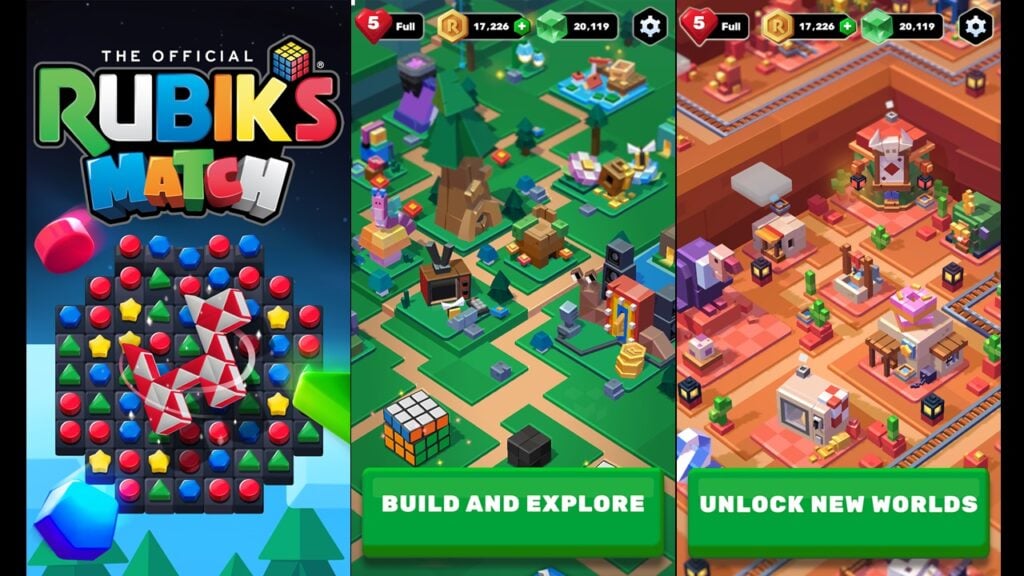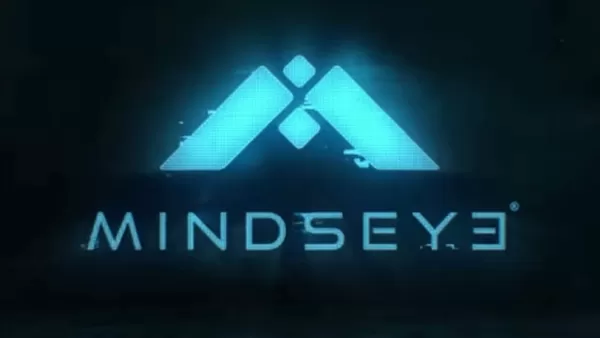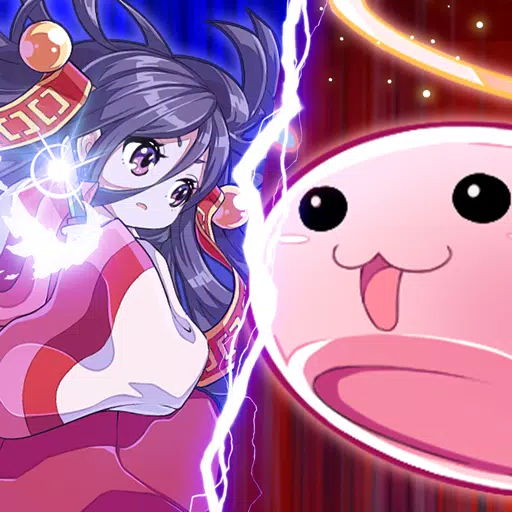God of War's Success Hinges on Reinvention
The God of War series has been an iconic presence across four generations of PlayStation consoles. When Kratos embarked on his vengeful journey to become the new god of war in 2005, few could have predicted the trajectory his character would take over the next two decades. While many long-standing franchises struggle to remain relevant across multiple console generations, God of War has thrived through its willingness to evolve. The most significant evolution was the 2018 reboot, which transitioned Kratos from the realms of Ancient Greece to the rich tapestry of Norse mythology, fundamentally altering the series' presentation and gameplay. However, even before this acclaimed shift, Sony Santa Monica had introduced various smaller yet impactful changes that kept the series alive and vibrant.
For God of War to maintain its success, reinvention will continue to be crucial. When the series transitioned to its Norse setting, director Cory Barlog expressed interest in exploring settings like the Egyptian and Mayan eras. Recent rumors have reignited speculation about an Egyptian backdrop, and it's easy to see why fans are eager for Kratos to explore the land of the pyramids—Ancient Egypt boasts a unique culture and a deeply compelling mythology. Yet, a new setting is merely the beginning; wherever God of War ventures next, it must reinvent itself as effectively as it did when it took the successful elements of the Greek trilogy and enhanced them for the Norse saga.
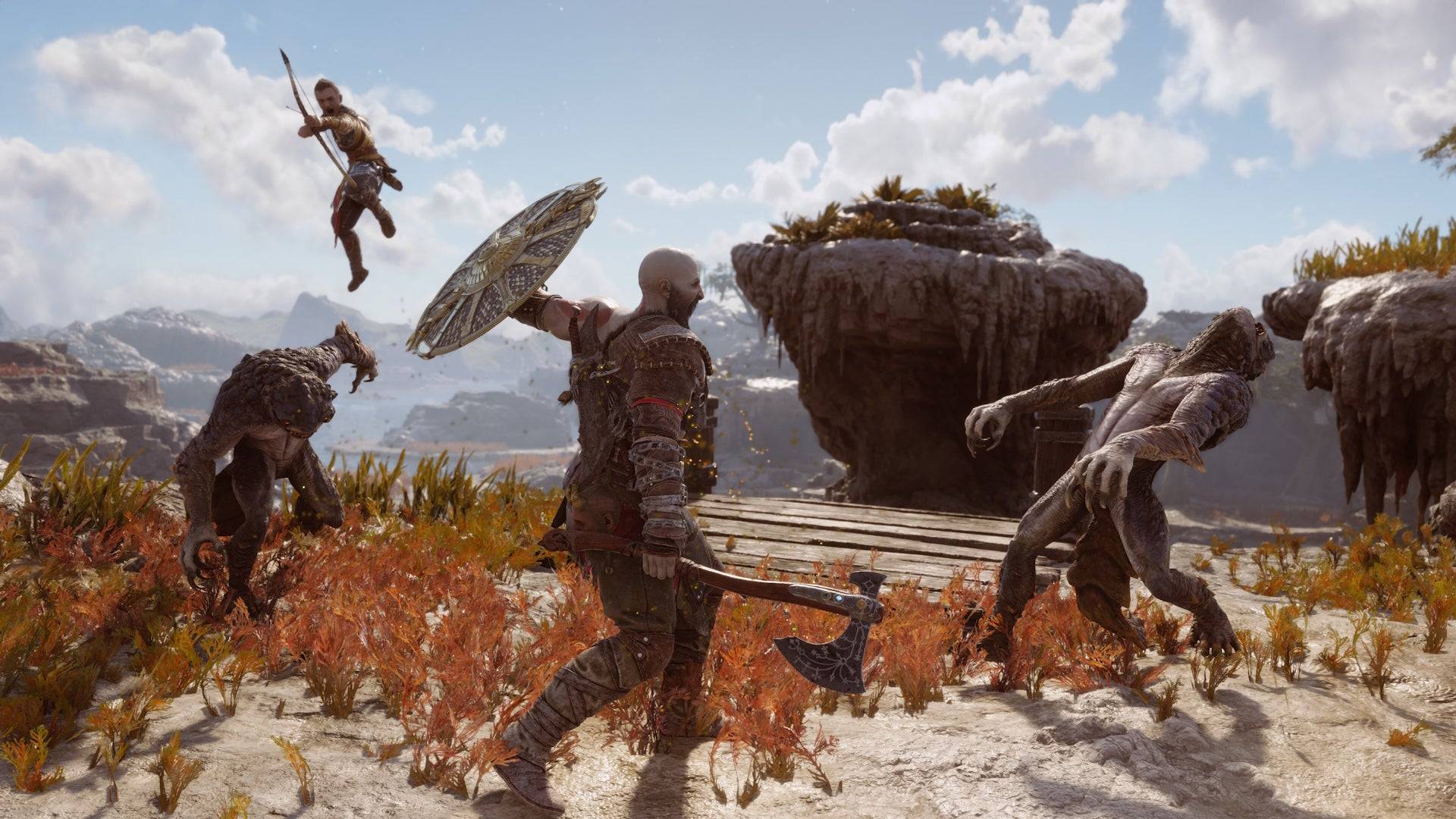 The series has consistently embraced change from one installment to the next. The original Greek games evolved over a decade, refining their hack-and-slash gameplay and reaching a polished state by the time God of War 3 was released. Kratos' final chapter in the trilogy featured an upgraded magic system that complemented the rhythm of melee combat and introduced a greater variety of challenging enemies. Developed for the PlayStation 3, God of War 3 utilized the console's enhanced power, offering new camera angles that showcased its 2010 graphical prowess.
The series has consistently embraced change from one installment to the next. The original Greek games evolved over a decade, refining their hack-and-slash gameplay and reaching a polished state by the time God of War 3 was released. Kratos' final chapter in the trilogy featured an upgraded magic system that complemented the rhythm of melee combat and introduced a greater variety of challenging enemies. Developed for the PlayStation 3, God of War 3 utilized the console's enhanced power, offering new camera angles that showcased its 2010 graphical prowess.
The 2018 reboot saw the loss of some elements that defined the original games. The Greek trilogy included significant platforming and puzzle-solving segments to aid Kratos in his quests. These platforming sections were largely removed from the Norse games, partly due to a shift to a third-person, over-the-shoulder camera perspective that didn't suit such gameplay. Puzzles remained but were redesigned to align with the series' new focus on adventure.
In the roguelike DLC Valhalla for God of War Ragnarök, the series revisited its roots both mechanically and narratively. The battle arenas, a staple from God of War 2 onward, were reintroduced and adapted to the Norse setting. This return to a beloved feature was mirrored in the DLC's story, where Kratos, invited by the Norse god of war Týr to Valhalla, confronts his past. This narrative loop brought Kratos' journey full circle.
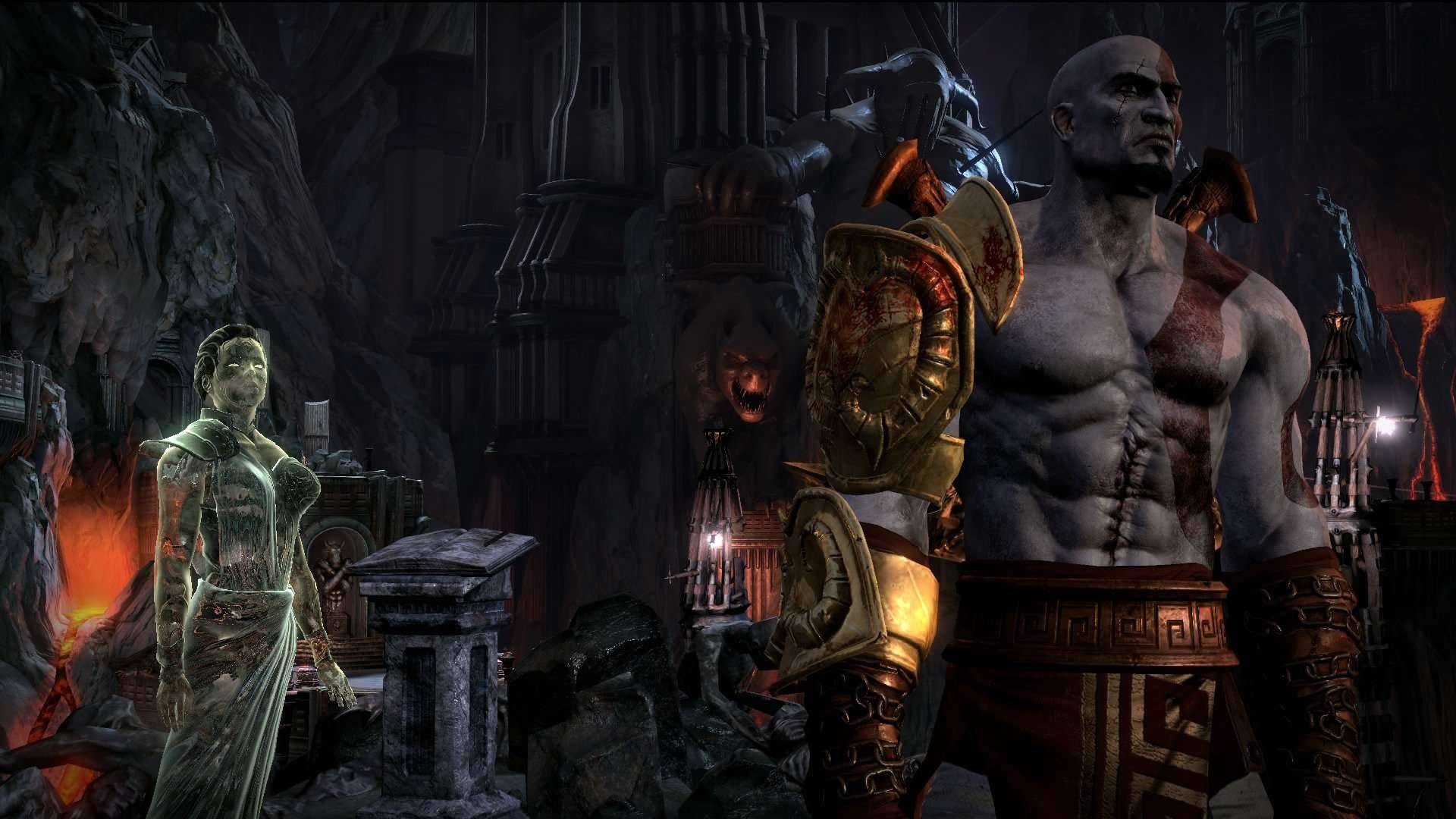 While the evolution in combat and exploration mechanics is evident, the most striking difference between the original trilogy and the Norse duology lies in the storytelling. The Norse games delve deeply into Kratos' emotional journey, highlighting his grief over his deceased wife and his complex relationship with his son, Atreus. This emotional depth and the uncovering of hidden truths about themselves mark a significant departure from the more straightforward narrative of the Greek trilogy. The more nuanced storytelling is likely a key factor in the Norse era's critical and commercial acclaim.
While the evolution in combat and exploration mechanics is evident, the most striking difference between the original trilogy and the Norse duology lies in the storytelling. The Norse games delve deeply into Kratos' emotional journey, highlighting his grief over his deceased wife and his complex relationship with his son, Atreus. This emotional depth and the uncovering of hidden truths about themselves mark a significant departure from the more straightforward narrative of the Greek trilogy. The more nuanced storytelling is likely a key factor in the Norse era's critical and commercial acclaim.
God of War's bold shifts in both mechanics and narrative stem from a unique approach to franchise development. The creators view the Norse games not as traditional sequels but as extensions of Kratos' journey. This perspective should remain central to future installments.
Radical reinvention alone does not guarantee success, as seen with the Assassin's Creed series, which has also frequently changed its setting and style. Despite consistent profitability, Assassin's Creed has faced challenges in maintaining fan loyalty across console generations like God of War. The shift to an open-world RPG format with Assassin's Creed Origins in 2017 diluted the series' connection to its original Assassin's guild lore. The narrative continuity that once linked games through Desmond Miles' story has weakened, and the new RPG format has become increasingly divisive with each release. Critics and fans alike have noted the series' tendency toward content bloat, arguing that "bigger doesn't necessarily mean better." Long-time fans are particularly frustrated by the drift from the series' stealth-based assassin roots to more combat-heavy Spartan and Viking fantasies.
Assassin's Creed has attempted to course-correct with Assassin's Creed Mirage in 2023, which returned to the series' Middle Eastern roots and the gameplay style of the earlier games. This shorter, more focused story was well-received. The upcoming Assassin's Creed Shadows continues this trend, introducing Naoe, a character dedicated to the stealth gameplay that defined the original Xbox 360-era games.
The mixed reception to Assassin's Creed's changes illustrates the risks of straying too far from a series' core identity. God of War, on the other hand, has skillfully balanced innovation with its foundational elements. The Norse series, though a radical departure, never lost sight of what made Kratos compelling or the essence of the series' combat. It identified the core of the Greek trilogy—the intense, unrelenting combat—and built upon it, introducing new evolutions like more Spartan Rage options, innovative weapons, and a broader range of combat scenarios and enemies. The ability to play as other characters for significant portions of the story further enriched the experience. These enhancements deepened the lore and maintained a clear series identity, a balance that any future installment, whether set in Egypt or elsewhere, must continue to strike.
Regardless of whether the rumors of an Egyptian setting come to fruition, the next God of War must ensure its evolutionary changes uphold what has made the series successful. In 2018, this meant a focus on combat that matched the standards set by the Greek trilogy. However, the next game will likely be judged by its story, the true jewel of the Norse duology. The development of Kratos from a rage-driven warrior to a somber, complex father and leader highlights the importance of narrative in the post-2018 games' success. Future installments must build upon this strength while also making bold new changes that could define the next era of God of War.
-
1
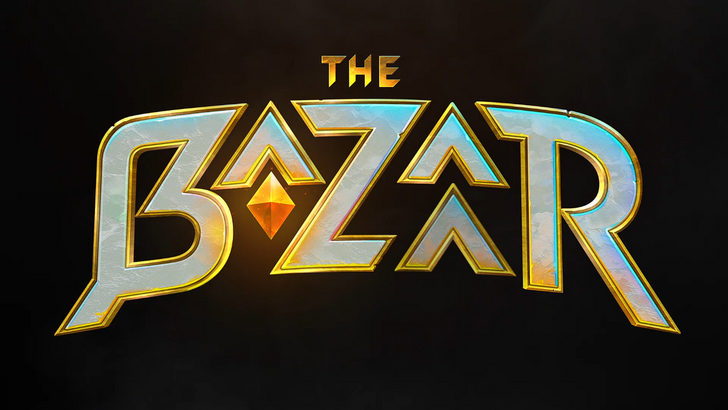
Announcing the Bazaar Release: Date and Time Unveiled
Feb 02,2025
-
2
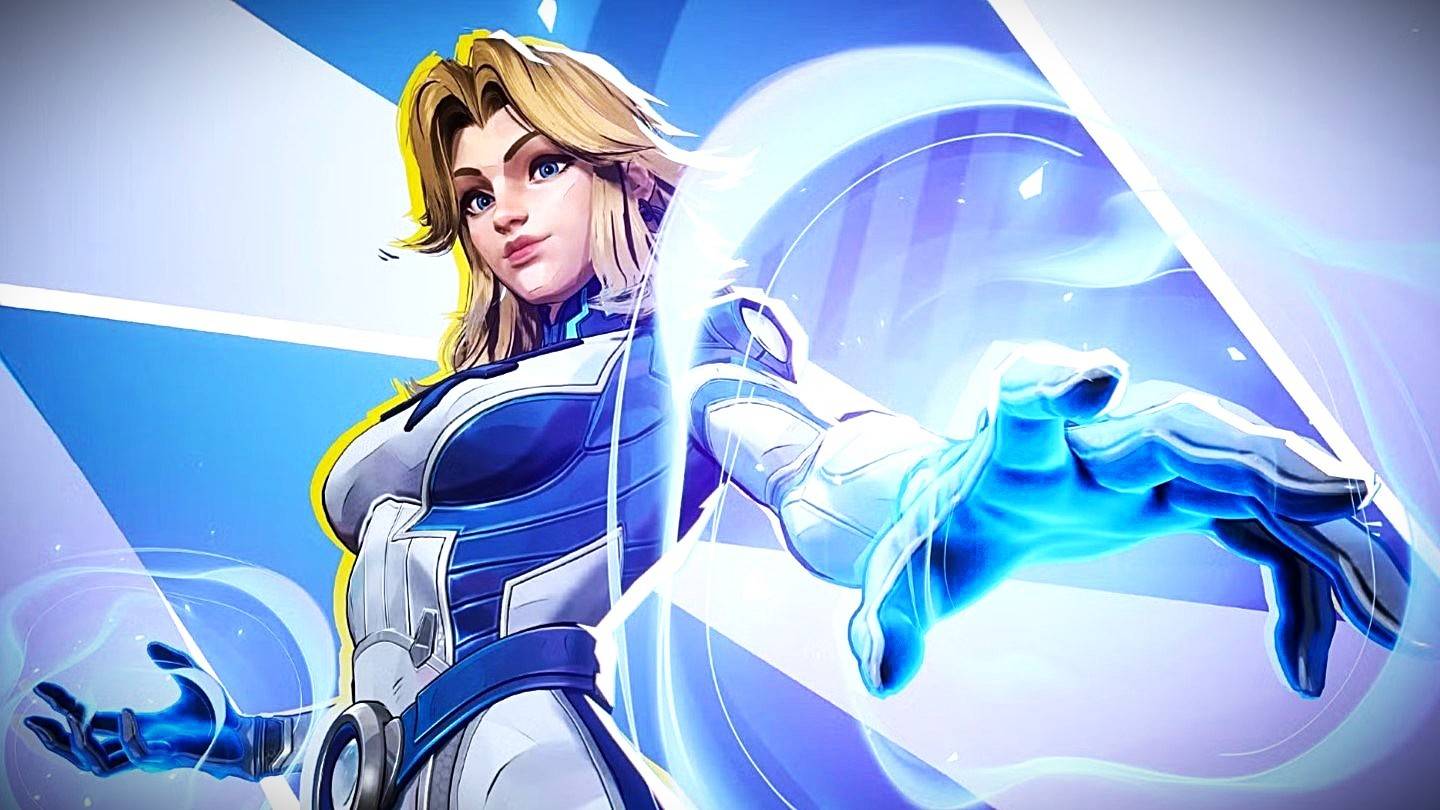
Marvel Rivals Update: News and Features
Feb 19,2025
-
3

Novel Rogue Decks Android Debut
Feb 25,2025
-
4

GTA 6 Release: Fall 2025 Confirmed
Feb 23,2025
-
5

Vampire Survivors – Arcana Card System Guide and Tips
Feb 26,2025
-
6
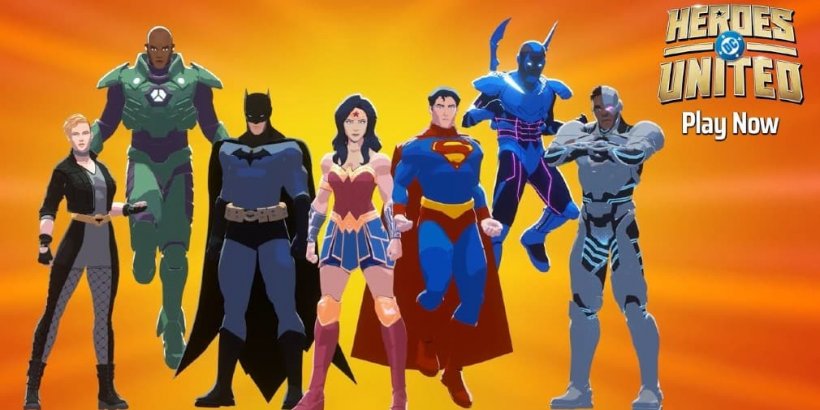
DC Heroes Unite: New Series from Silent Hill: Ascension Creators
Dec 18,2024
-
7
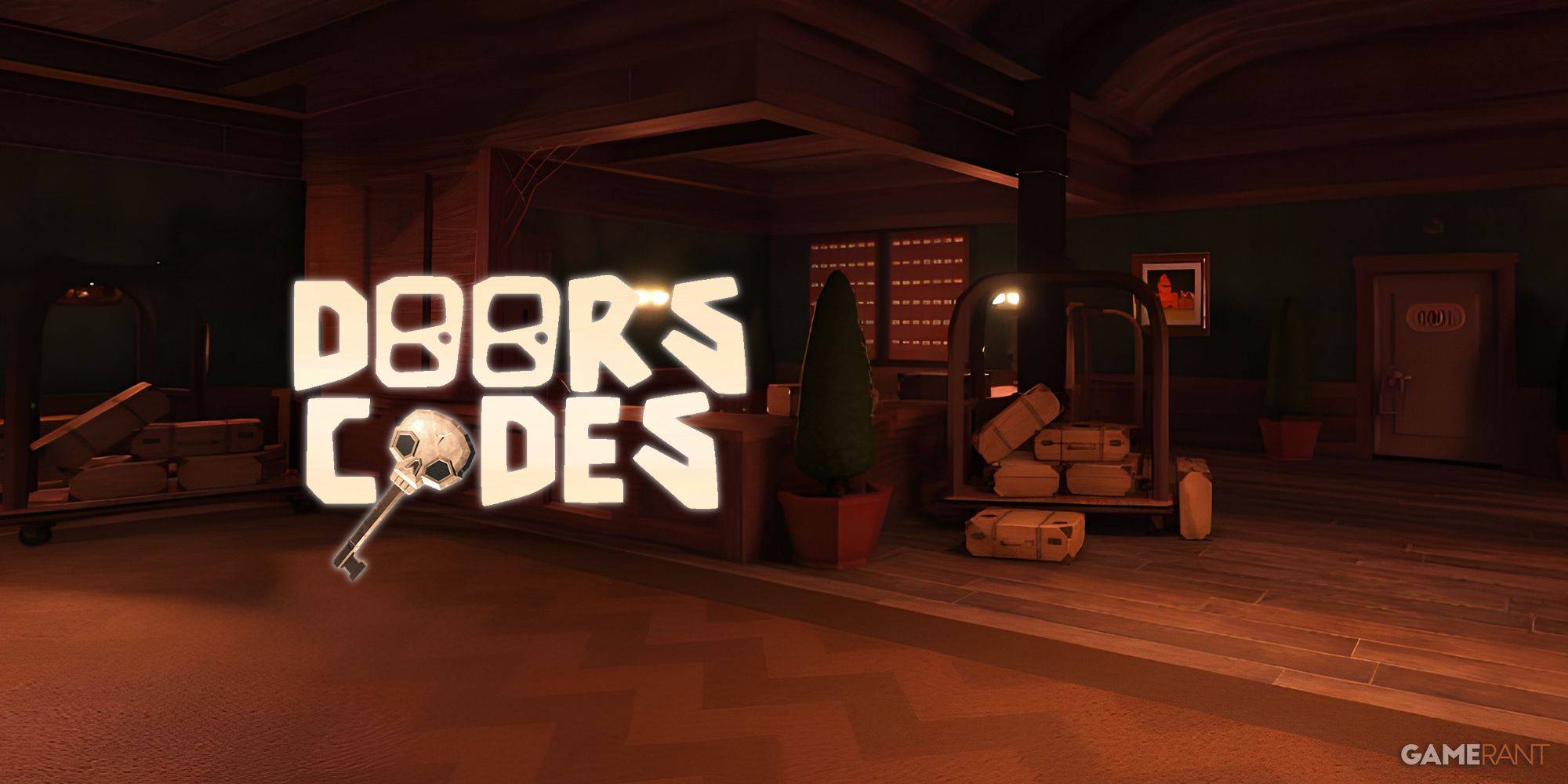
Get Exclusive Roblox DOORS Codes for January 2025
Feb 10,2025
-
8
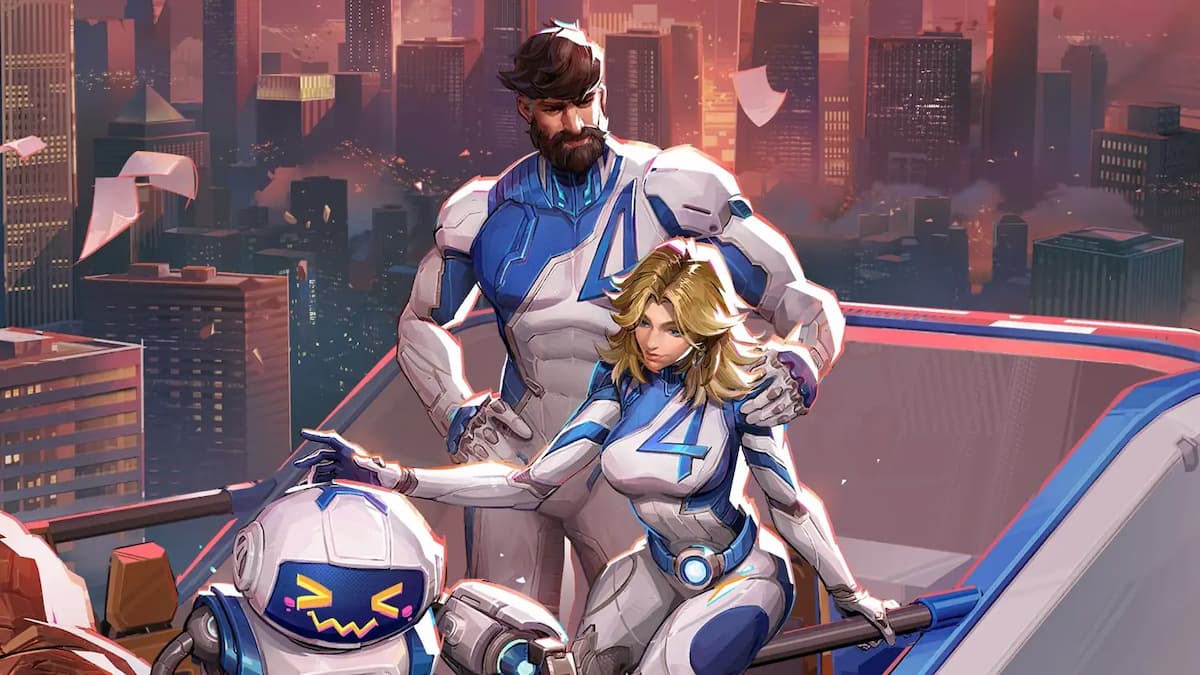
Marvel Rivals Unveils Season 1 Release Date
Feb 02,2025
-
9
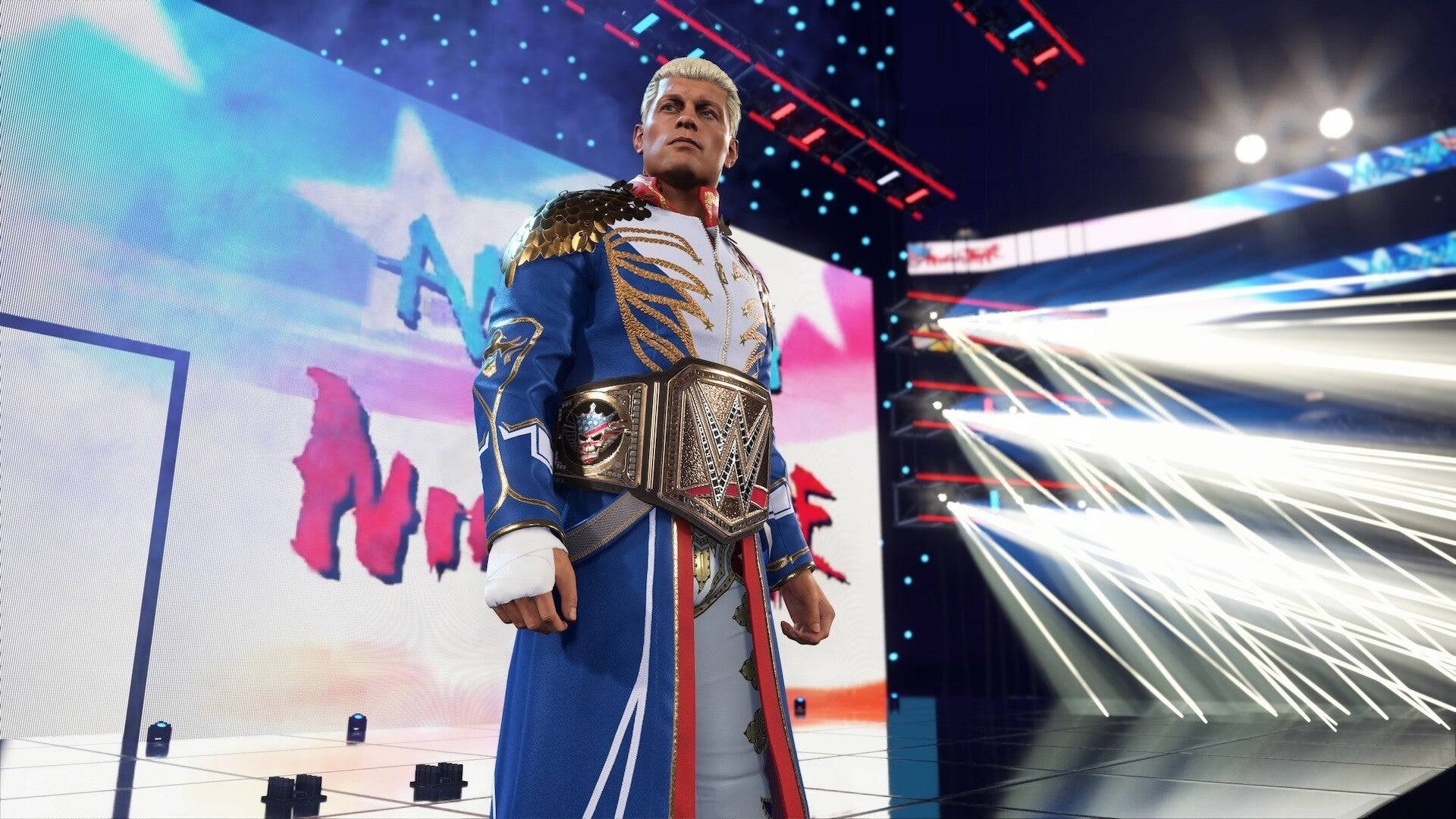
WWE 2K25: Long-Awaited Return
Feb 23,2025
-
10

Anime Fate Echoes: Get the Latest Roblox Codes for January 2025
Jan 20,2025
-
Download

Street Rooster Fight Kung Fu
Action / 65.4 MB
Update: Feb 14,2025
-
Download

Ben 10 A day with Gwen
Casual / 47.41M
Update: Dec 24,2024
-
Download

A Simple Life with My Unobtrusive Sister
Casual / 392.30M
Update: Dec 10,2024
-
4
Mega Jackpot
-
5
Day by Day
-
6
The Lewd Knight
-
7
Translate - Voice Translator
-
8
VPN Qatar - Get Qatar IP
-
9
Chewy - Where Pet Lovers Shop
-
10
Kame Paradise

